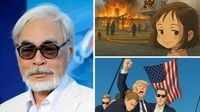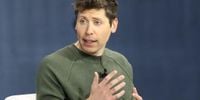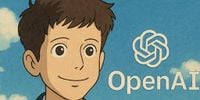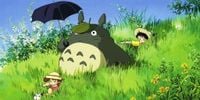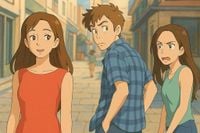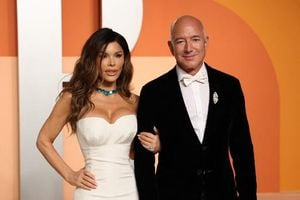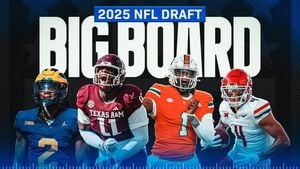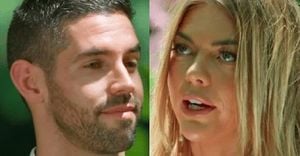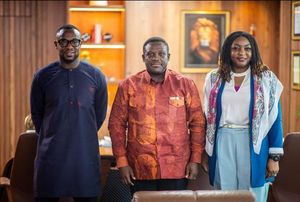OpenAI has recently launched a powerful new image generator, sparking a viral trend that has taken the internet by storm: the ability to create images in the distinctive style of Studio Ghibli, the renowned Japanese animation studio. This update, known as ChatGPT-4o, was unveiled on March 25, 2025, and has since allowed users to transform their own photos into Ghibli-style art, leading to a flood of memes and artistic reinterpretations across social media platforms.
CEO Sam Altman even joined in on the fun, changing his profile picture to a Ghibli-fied version of himself, further fueling the trend. However, the excitement has not come without controversy. As users flooded platforms like X with their Ghibli-style creations, a debate has ignited over copyright and the ethical implications of using AI to replicate the unique artistic styles of living artists.
Studio Ghibli, co-founded by legendary director Hayao Miyazaki, is known for its meticulously crafted films such as My Neighbor Totoro and Spirited Away. Miyazaki has been a vocal critic of AI technology, previously stating, “I strongly feel that this is an insult to life itself,” when confronted with AI-generated animation in 2016. His sentiments have resurfaced in light of this new trend, as many fans express concern over the potential devaluation of Ghibli’s artistry.
The controversy deepened when a fake cease-and-desist letter purportedly from Studio Ghibli circulated online, claiming the studio was taking legal action against AI applications like Gib Studio, which also uses generative AI to create Ghibli-esque artwork. However, Studio Ghibli quickly clarified through NHK, a major Japanese news outlet, that “There have in fact been no warnings issued.” This revelation highlighted the misinformation surrounding the studio’s stance on AI and copyright issues.
Despite the studio's denial of any legal threats, the implications of AI-generated art remain a significant concern. Many artists and industry professionals are worried about the potential for copyright infringement, as AI systems like ChatGPT can be trained on existing works without permission. Josh Weigensberg, a partner at the law firm Pryor Cashman, noted that the key question is whether the AI model was trained on Miyazaki or Studio Ghibli’s work without proper licensing.
OpenAI's new image generator has reportedly been generating millions of images, with users creating Ghibli-style versions of everything from historic events to popular memes. However, the company has begun limiting the number of images users can create in a day, citing copyright concerns. Altman humorously remarked, “It’s super fun seeing people love images in ChatGPT, but our GPUs are melting,” referring to the overwhelming demand for the service.
The trend has not only attracted the attention of casual users but has also sparked a broader conversation about the role of AI in the creative industries. Ed Newton-Rex, CEO of the nonprofit Fairly Trained, described the situation as a “takeoff moment for AI protests,” comparing it to previous controversies surrounding AI and copyright. He stated that “obvious and egregious IP theft by AI companies has united authors and artists in outrage,” emphasizing the need for clearer regulations in the evolving landscape of AI-generated content.
As the debate continues, it’s clear that the Ghibli-style AI art trend is emblematic of the larger cultural and ethical questions surrounding artificial intelligence and creativity. While some users celebrate the accessibility of art through AI tools, others argue that such technologies undermine the hard work and dedication of human artists.
For Studio Ghibli, the stakes are high. The studio has built its reputation on artistic integrity and a commitment to craft, and the potential for AI-generated content to dilute that legacy is a genuine concern. As the situation unfolds, many are left wondering whether Ghibli will take a more definitive stance against AI-generated art and how the industry will navigate the complex relationship between technology and creativity.
In the meantime, the internet remains captivated by the Ghibli-fication trend, with users sharing their creations and engaging in discussions about the implications of AI in art. As the line between human and machine-made art continues to blur, the future of creative expression hangs in the balance, leaving both artists and audiences to grapple with the evolving landscape of art in the age of AI.
